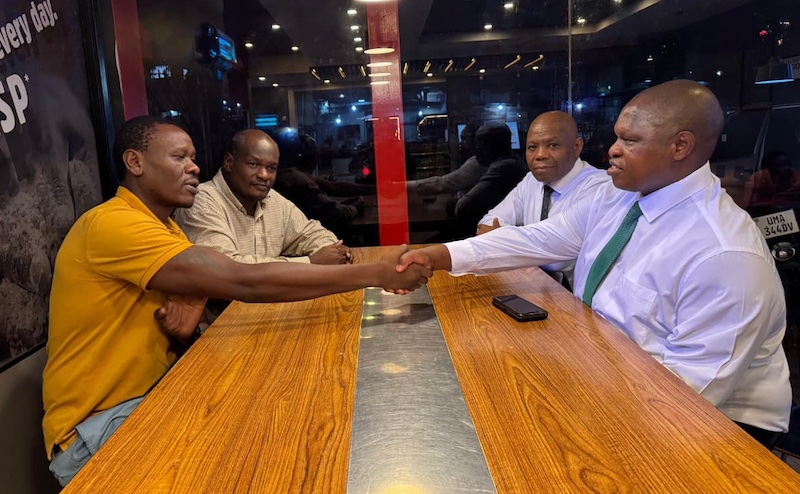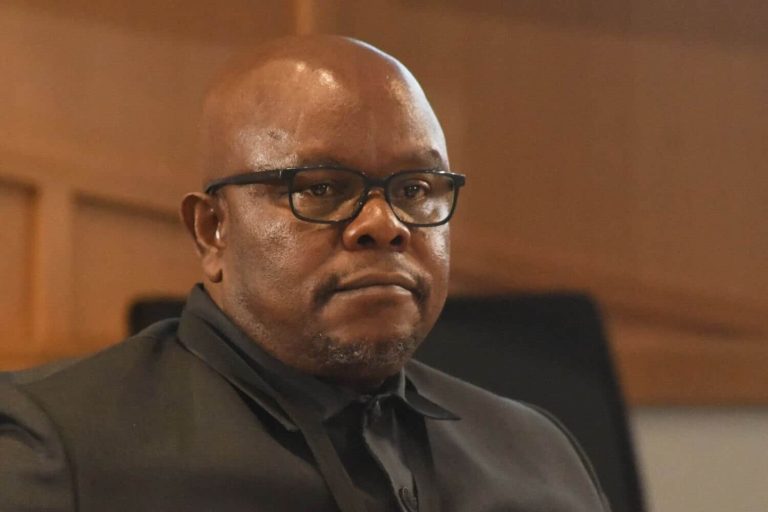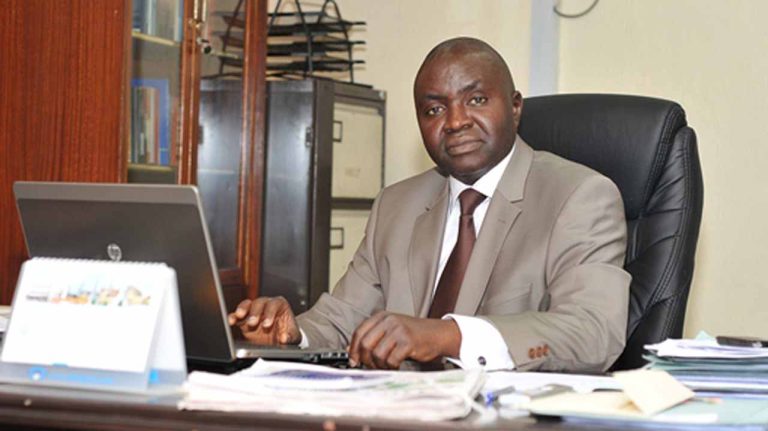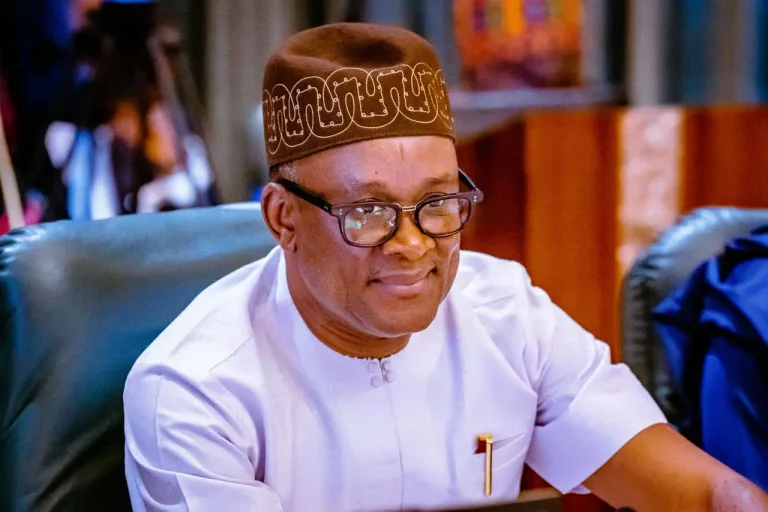
Two Kenyan human rights activists who went missing in Uganda after being abducted by armed men have been released after 37 days.
Bob Njagi and Nicholas Oyoo were reportedly kidnapped “mafia-style” at a petrol station in Kaliro, eastern Uganda, during opposition leader Robert Kyagulanyi’s (Bobi Wine) campaign rally and driven to an undisclosed location. Their disappearance quickly escalated into a regional human rights issue, drawing concern from activists, lawyers, and politicians in both Kenya and Uganda.
On Saturday, Dr Abraham Korir Sing’Oei, Kenya’s principal secretary for Foreign Affairs, confirmed their release through a statement published in the Daily Nation.
“Bob Njagi and Nicholas Oyoo are free and on Kenyan territory. Late last night, after lengthy engagements, the two were released to our High Commissioner in Uganda, Joash Maangi,” Sing’Oei wrote on X (formerly Twitter).
He added that the activists were escorted by Ugandan government officials and Ambassador Maangi to Busia border town, where they were received by Busia County commissioner Chaunga Mwachaunga.
The release marks the end of weeks of uncertainty and speculation, during which the Ugandan government denied knowledge of their whereabouts.
On October 22, Kampala High court judge Simon Peter Kinobe ruled that the two Kenyans were missing but said there was no evidence linking their disappearance to the Ugandan government, dismissing a habeas corpus application filed by their lawyers.
“A person may go missing through voluntary disappearance or else die due to an accident, crime, or other causes,” Kinobe stated.
“I find that one cannot squeeze blood from a stone. The state can only produce what it has, and it would therefore be unrealistic to expect the desired outcome from circumstances that could not, in any case, yield it.”
However, Kyagulanyi and the activists’ lawyers, Eron Kiiza and Kato Tumusiime, insisted that the pair had been abducted by armed men in military and civilian attire and driven away in a Toyota Hiace van, commonly known as a drone, a vehicle often linked to abductions of political dissidents in Uganda.
Their petition sought orders compelling the Chief of Defence Forces, Chief of Defence Intelligence and Security, the Inspector General of Police, and the Attorney General to produce the two men dead or alive, arguing that their detention violated constitutional rights to liberty and protection from arbitrary arrest.
Affidavits supporting the petition alleged that Oyoo and Njagi were being held at a military detention facility in Mbuya, Kampala, under the command of the Defence Intelligence and Security Directorate.
In response, Col Silas Kamanda Mutungi, director of Joint Staff Services in the Uganda People’s Defence Forces (UPDF), and detective Stephan Bwalatum of the Uganda Police denied holding the pair.
Regional and legal reactions
Following their release, Faith Odhiambo, president of the Law Society of Kenya (LSK), welcomed the news, praising the solidarity that forced action.
“We extend our appreciation to their families, Free Kenya movement colleagues, human rights defenders, journalists, the ministries of foreign affairs in Kenya and Tanzania, and all active citizens who have tirelessly campaigned for this moment,” she said.
“Let this moment signal an important shift towards upholding the human rights of East Africans anywhere within the East African Community. We are facilitating their transfer to Nairobi and will give details of their arrival for family, friends, and comrades to meet them.”
Kenyan lawyer Prof Jamil Mujuzi questioned Uganda’s denials, saying the High court ruling that the activists were simply “missing” had now been discredited.
“It confirms our position that the High court’s decision to the effect that they were “missing” was wrong. Every reasonable person suspected (reasonably) that they were in state custody. Will they sue the government of Uganda for violating their rights?” he asked.
Others, including Dr Duncan Onyango, expressed skepticism about both governments’ roles. “I don’t believe these comrades were held by Ugandan authorities without the knowledge/consent/request of our government. On this, accountability is key,” Onyango posted.
Their release followed an open letter to Uganda’s High Commission in Nairobi by the Law Society of Kenya, Amnesty International Kenya, and Vocal Africa, condemning the abductions as “yet another alarming case in a pattern of enforced disappearances in the region.”



